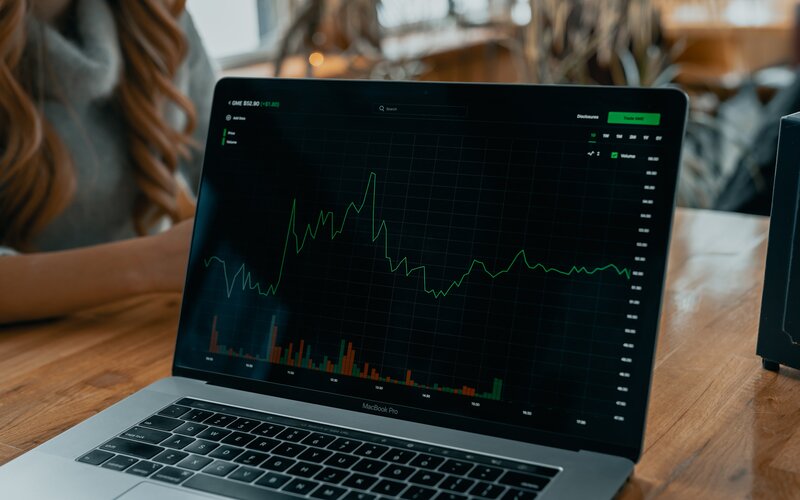Research commissioned by online trading provider Global Prime, also found only 27% of Australians say they’ve generally never made a bad financial decision regarding investing or trading.
Global Prime's report said the last two years of COVID-19 and lockdowns have brought on a surge of new interest in trading and investing.
"Many first-time traders joining the market hoping to turn around a quick profit," the report said.
"It’s also brought about an increase in trading scams, especially in the volatile world of cryptocurrency, where crypto frauds and ‘rug-pull’ scenarios are rife."
Jeremy Kinstlinger, Co-Founder and Director of Global Prime, along with his business partner Elan Bension said, “It’s definitely concerning to see that so many Australians have been negatively impacted financially by making the wrong choices regarding trading or investing.
"More needs to be done to increase the financial literacy of Australians across the board, particularly those who may be vulnerable to falling victim to scams.”
Elan Bension said, “It’s especially important for young people, and all first-time traders who may be inspired to enter this world through what they see online or ‘finfluencers’ on social media, to take the time to educate themselves on any potential downfalls, so they can avoid making those mistakes moving forward.”
According to Jeremy and Elan, these are the six most common mistakes first-time traders or investors should seek to avoid:
- Not asking to see trading receipts:
"Asking your broker questions like ‘do you profit off client losses?’ or ‘can you share the trading receipts with me?’ for example, will make it clear you are going to hold your broker accountable.
"Keep in mind that if a broker does not offer trade receipts showing they were not on the other side of your trade, you won’t know for sure if they’re profiting from your losses." - Not fully understanding the risks involved:
"Trading involves risk of capital loss, especially when trading leveraged products. If a trader goes in without a good understanding of risk management, they are more likely to lose." - Not enough emphasis placed on the psychology of trading:
"You can have the best strategy in the world, but without the right mindset, a trader is bound to lose eventually.
"Unless a trader has learned to manage their impulses and emotions, they will most likely run into problems." - Trading without a plan or strategy in place:
"Trading without a plan can and should be likened to gambling. Eventually the ups and downs a trader goes through will lead to poor decision making and ultimately to the loss of capital.
"Having a set plan and strategy in place and journaling trades helps to stick to the plan which means not making decisions on the fly. Knowing when to enter and exit a trade before the trade is entered and not adjusting mid trade will help you to stay on track." - Not finding the right mentor:
"It’s information overload online when it comes to finding a strategy to trade with, and it can be tough for a beginner to sift through the information and formulate a plan.
"Having a great mentor can really help push a trader in the right direction, and if they take it seriously, they can be held accountable to their trading mentor as well, just like a sporting coach." - Not choosing the right broker:
"Most traders learn the hard way to steer clear of high-pressure tactics, deposit bonuses or incentives.
"If a broker is trying very hard to get a beginner on board it’s usually not a good sign as most profit from client losses and won’t have the trader’s best interests at heart.
"Traders will want to find a well-regulated broker with a personal support team, good pricing, and execution of their trades as well as public access to the founders or upper management in case they run into issues."
Image by Tech Daily via Unsplash



 Denise Raward
Denise Raward
 Harry O'Sullivan
Harry O'Sullivan

 Alex Brewster
Alex Brewster
 Emma Duffy
Emma Duffy

